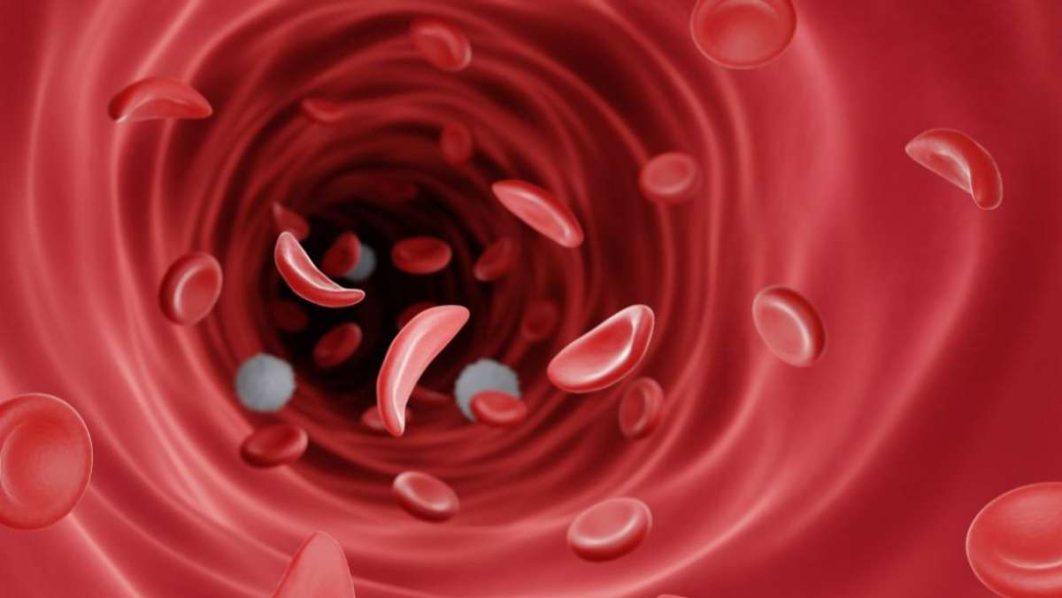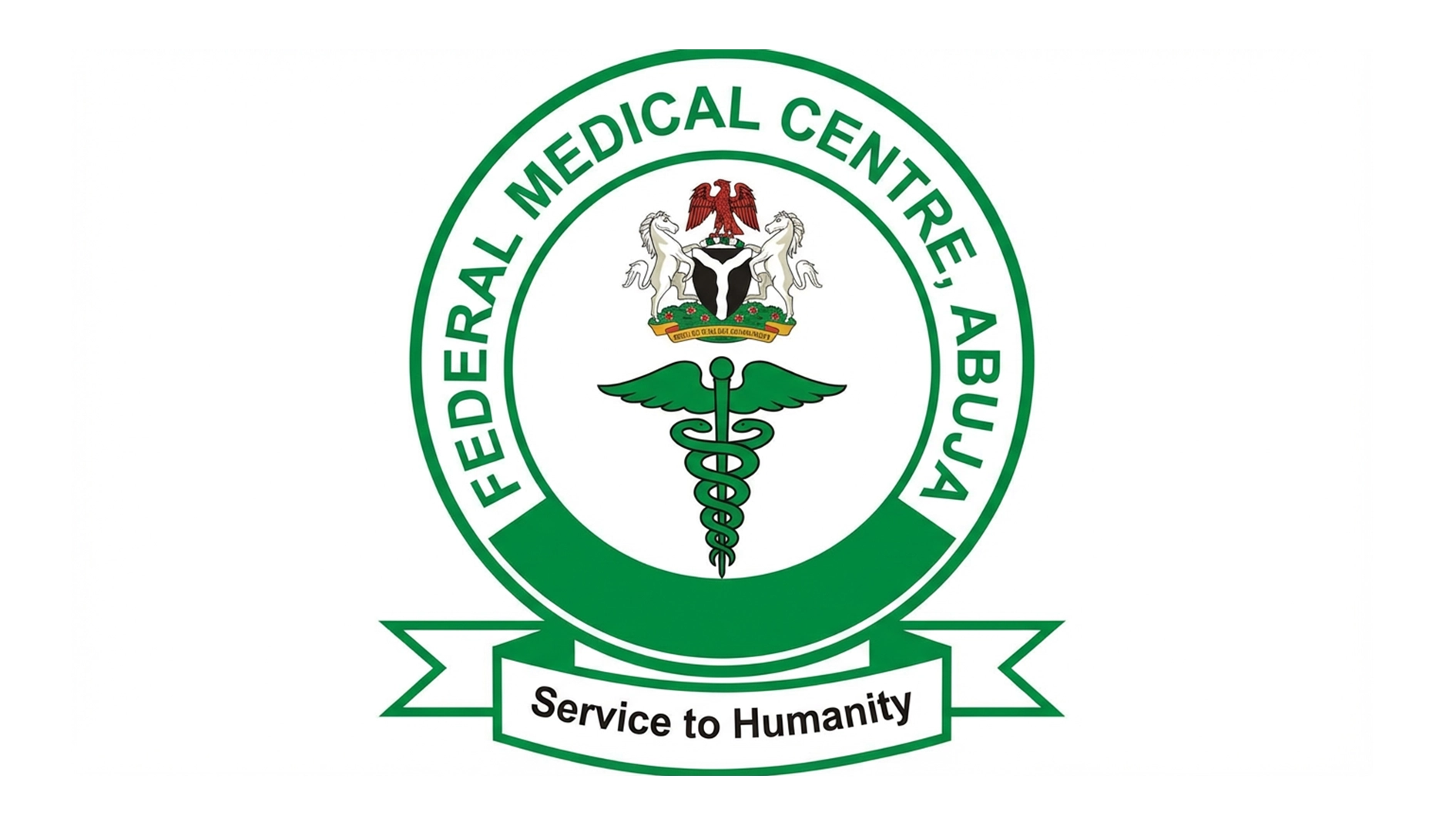
To provide world-class medical services and reverse medical tourism in the country, the African Medical Centre of Excellence (AMCE), has commenced the construction of a medical facility for the diagnosis and treatment of cancer, cardiovascular diseases and neurological disorders.
AMCE is a $1billion tertiary-level multi-speciality medical institution being built in Abuja by Afreximbank in collaboration with King’s College Hospital, London and will be completed by April next year.
Speaking during the tour of the facility in Abuja, AMCE Chief Executive Officer, Mr Brian Deaver, said that the West Africa region currently faces a significant gap in access to cyclotron technology, adding that the facility will provide much-needed access to cutting-edge medical technology in the region.
According to a 2023 report by the International Atomic Energy Agency (IAEA), the majority of Africa’s cyclotron facilities are concentrated in North Africa and South Africa, leaving West Africa with limited access to advanced diagnostic imaging and radiopharmaceutical production.
Deaver explained that cyclotrons are vital for producing medical isotopes, which are crucial for advanced diagnostic imaging and targeted therapies. He added that the facility will ensure a reliable, local supply of isotopes, enabling faster and more accurate diagnoses for non-communicable diseases.
He observed that the impact of this facility will extend beyond diagnostics as it will foster innovation and research that will improve treatment options for patients suffering from chronic conditions.
Deaver said: “This equipment will enable the production of radiopharmaceuticals, which are vital for PET-CT scans and other nuclear medicine procedures, offering unparalleled precision in disease detection and treatment planning.
“By bringing this technology to West Africa, we are not just enhancing local healthcare infrastructure; we are also laying the groundwork for a self-sufficient and resilient healthcare system.
“We plan to make a significant and measurable positive impact on non-communicable disease care and recovery in West Africa.
We recognise the ever pressing need to address the growing burden of diseases such as cancer, sickle cell, and cardiovascular conditions that affect millions in our communities,” he added.
According to him, the centre is designed to deliver new and better diagnostic and treatment options for Nigerians, while also serving patients throughout West Africa and beyond to reverse the trend of medical tourism and empower individuals to receive high-quality healthcare within their communities.
Deaver said that the first stage of the hospital project will gulp $237 million with a focus on four key areas of intervention—cancer, sickle cell, cardiovascular, haematology treatment and general medical and surgical services.
Also speaking, AMCE Chief Medical Director, Dr Aisha Umar, who assured that the medical centre will provide safe and quality care to patients, said that the medical facility has the infrastructure, human resources and capacity to bring the latest treatments to Nigerians and other Africans.She noted that the 1st phase of the centre has a 170-bed space, while 340 additional beds will be built in the second phase to make it 500-bed capacity by 2028.
The Deputy General Manager of the Nigerian Nuclear Regulatory Authority (NNRA), Fatima Ige, who represented the Director General, said the agency is working with the hospital to ensure compliance with regulatory rules as it concerns ionising radiation.






